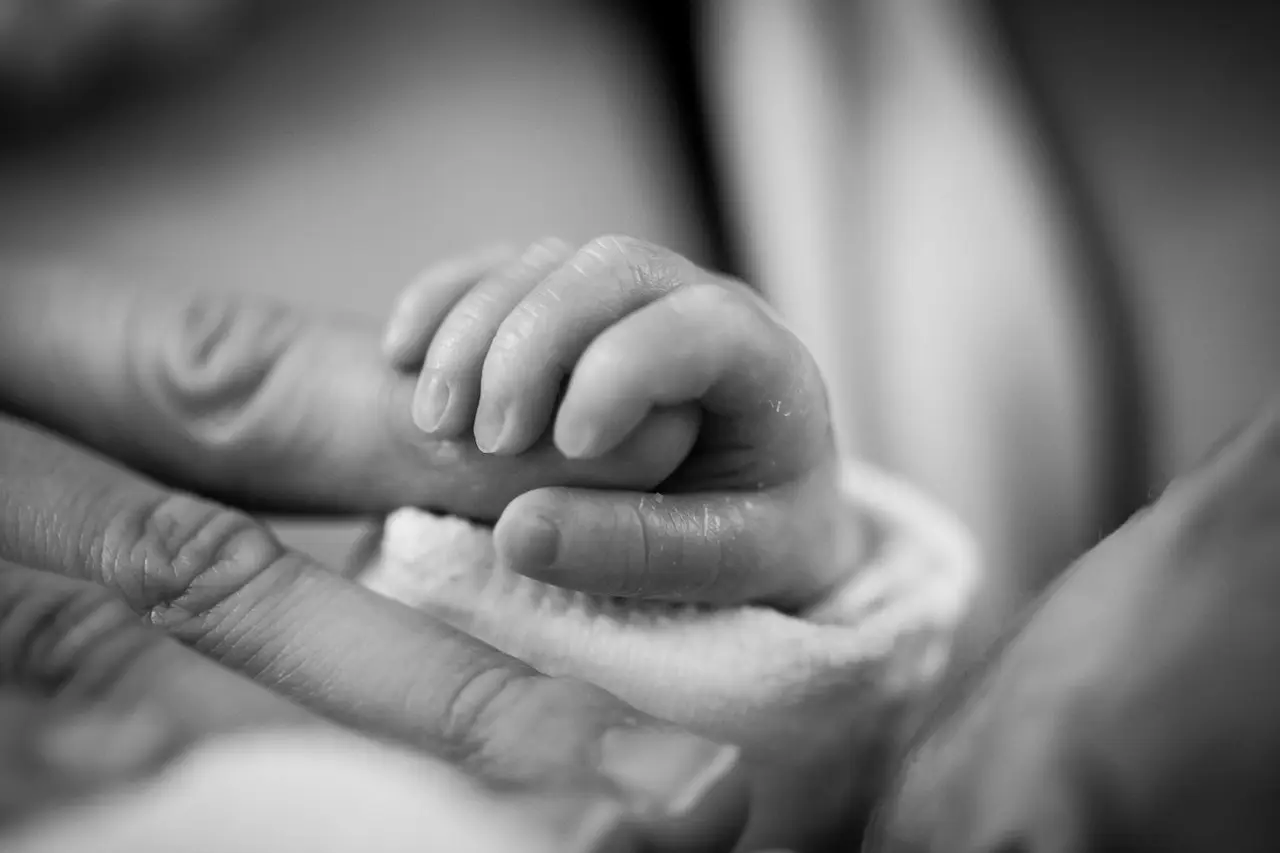How to Identify Signs of Birth Injuries in Newborns

The birth of a child is a momentous occasion, one filled with joy, hope, and sometimes, unfortunately, anxiety. Most births go smoothly, but there are instances where a newborn may suffer from a birth injury. While medical professionals are trained to minimize such risks, injuries can and do happen. This article aims to provide parents with valuable information on how to identify signs of birth injuries in newborns and briefly discuss the associated legal considerations within the scope of South Carolina law.
What Constitutes a Birth Injury?
A birth injury is any form of physical harm sustained by a newborn during birth. This can occur due to various reasons such as medical error, lack of proper medical equipment, or unforeseen complications. Birth injuries can range from minor bruises to more severe conditions like cerebral palsy or nerve damage.
Signs of Birth Injuries in Newborns
Physical Signs
- Bruising or Swelling: These may be apparent on the baby’s face, head, or shoulders. While some bruising is normal, excessive or severe bruising could be a sign of a birth injury.
- Muscle Weakness or Paralysis: Observe your newborn’s muscle movements. If they seem to favor one side of the body or show signs of paralysis, consult a pediatrician immediately.
- Seizures: Though rare, seizures within the first 48 hours of life can be a sign of a more severe birth injury like brain damage.
Behavioral Signs
- Excessive Crying: All babies cry, but constant, inconsolable crying could indicate discomfort or pain due to an underlying issue.
- Sensitivity to Light or Sound: Hyperreactivity to sensory stimuli may also indicate neurological issues.
- Feeding Difficulties: Problems with sucking, swallowing, or coordinated breathing while feeding can be indicative of a birth injury.
Developmental Signs
- Delayed Milestones: If your child is not achieving developmental milestones like crawling, walking, or talking within standard timelines, consult a healthcare provider for assessment.
- Cognitive or Social Delays: Difficulties with cognition or social interactions may be more difficult to identify immediately but should be monitored as your child grows.
South Carolina Law and Birth Injuries
In South Carolina, the laws related to medical malpractice, including birth injuries, are fairly rigorous. The basic elements required for a claim are similar to other types of medical malpractice:
- Duty of Care: Establishing that the healthcare provider owed a duty of care to the newborn.
- Breach of Duty: Proving that there was a failure to meet the accepted standard of care.
- Causation: Demonstrating that the breach led to the injury.
- Damages: Showing that the newborn has suffered as a result of the breach.
The Statute of Limitations
In South Carolina, there is a statute of limitations for medical malpractice claims. Generally, you have three years from the date the injury was discovered or should have been discovered. However, exceptions can apply, especially for minors, so consult with a legal expert to understand the specifics.
Conclusion
While healthcare providers generally take great care to ensure the well-being of newborns, birth injuries can occur due to a variety of factors. Early detection and treatment are crucial for the best possible outcome. If you suspect your child has suffered a birth injury, consult a healthcare provider for diagnosis and treatment options.
From a legal perspective, if the birth injury was due to medical negligence, you might be entitled to compensation under South Carolina law. Consulting an attorney specializing in birth injury can offer more personalized guidance.
By being aware and vigilant, you can better advocate for your newborn and take the necessary steps to ensure they receive the appropriate medical and legal support they may need.
